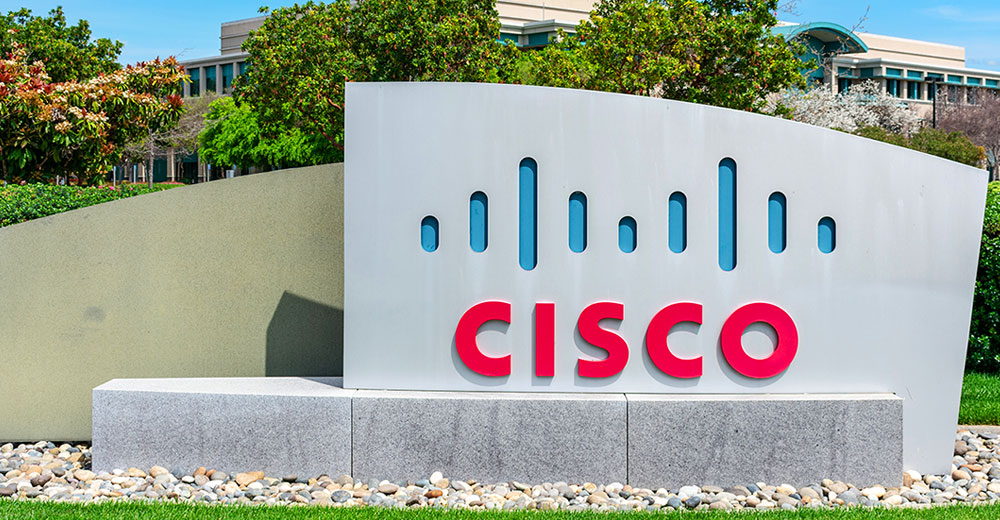Data centers and headquarters have made up approximately 90 percent of the value in many recent asset sales on Wall Street. For example, Lehman Brothers sold its assets to Barclays for US$1.75 billion, 86 percent of which was for the data centers and headquarters alone. The fact is that a company’s headquarters generate no revenue, and maintaining them can be a financial drain.

Many businesses are now finding that switching to a Software-as-a-Service (SaaS) solution not only solves this problem, but also offers many environmental benefits. In a time when “going green” is high on many companies’ priority lists, SaaS provides a great way to improve business processes on both fronts.
Saving Fossil Fuels
SaaS solutions enable knowledge workers to telecommute instead of working onsite each day. This eliminates the number of employees who are wasting fuel by driving to and from work and sitting in traffic.
With a SaaS solution for tracking tasks and projects, they can work from home or a local coffee shop. Location is irrelevant so long as the employee has a wireless laptop and a cell phone.
Saving Energy
SaaS solutions also enable the sharing of resources. Just as carpooling allows many people to get to their destination without wasting gas in multiple cars, one server can host data for many companies without wasting energy on multiple servers. Many people do not realize that computers use energy even while they are idle.
That means that the computer in your company’s server closet is wasting energy every single night. Through Saas, however, an equivalent server can sit in the data center of the service provider and serve multiple companies worldwide. It can then take advantage of the inevitable low activity during the night in the U.S. to provide service to European or Asian customers.
Minimizing Landfill Waste
Every computer eventually ends up as toxic waste in a landfill, so consolidating servers saves more than energy. In fact, National Geographic recently outlined some of the ways in which excess hardware can harm the environment.
For example, circuit boards contain mercury and lead, two elements which can cause brain damage. Connectors contain beryllium, an element that causes lung disease. Metal plates and housings often contain hexavalent chromium, which causes bronchitis as well as liver and kidney damage. Plastic casings contain brominated fire retardants that can cause thyroid damage and harm a fetus, as well as PVCs which produce highly toxic dioxin. Plastic stabilizers within the casings include cadmium, a heavy metal carcinogen which can damage kidneys and bones.
Clearly, the less hardware is used and wasted, the better, and using a SaaS provider’s hardware rather than your own is a great way to help make this a reality.
Saving Paper
SaaS solutions often provide an application program interface (or API), allowing for integrations to other automated systems. These integrations avoid the waste of paper through document creation, and can arguably increase the accuracy of data (since processes that are based on human resources are often prone to errors).
In fact, paper-based and un-integrated processes that could be automated waste more than just the time of your employees. If two hours from an eight hour work day are wasted doing this kind of work, that means that 25 percent of the day has been wasted. Subsequently, 25 percent of the gas that brought you to work and 25 percent of the electricity burned by your computer have also been wasted. Automating paper-based processes is therefore more than good business — it is a moral duty.
Be Green, Save Green
When companies use SaaS applications, the vendor’s central data center already provides the computing resources to run the application. Customers do not need to consume critical resources to generate the power for their own host machine. Further, the redundant backup power, HVAC systems, etc. are also handled by the vendor data center and not the customer, which positively impacts the customer’s bottom line — a very important benefit in a down economy.
Wall Street is ditching its servers, and perhaps you should consider doing the same. Using SaaS solutions will not only help preserve the environment, but will also save you time and money that could be better spent in other areas of your business. In economic times like these, there is no better reason to make the switch.
Curt Finch is CEO of Journyx, a provider of Web-based software located in Austin, Texas, that tracks time and project accounting solutions to guide customers to per-person, per-project profitability.














































Social Media
See all Social Media